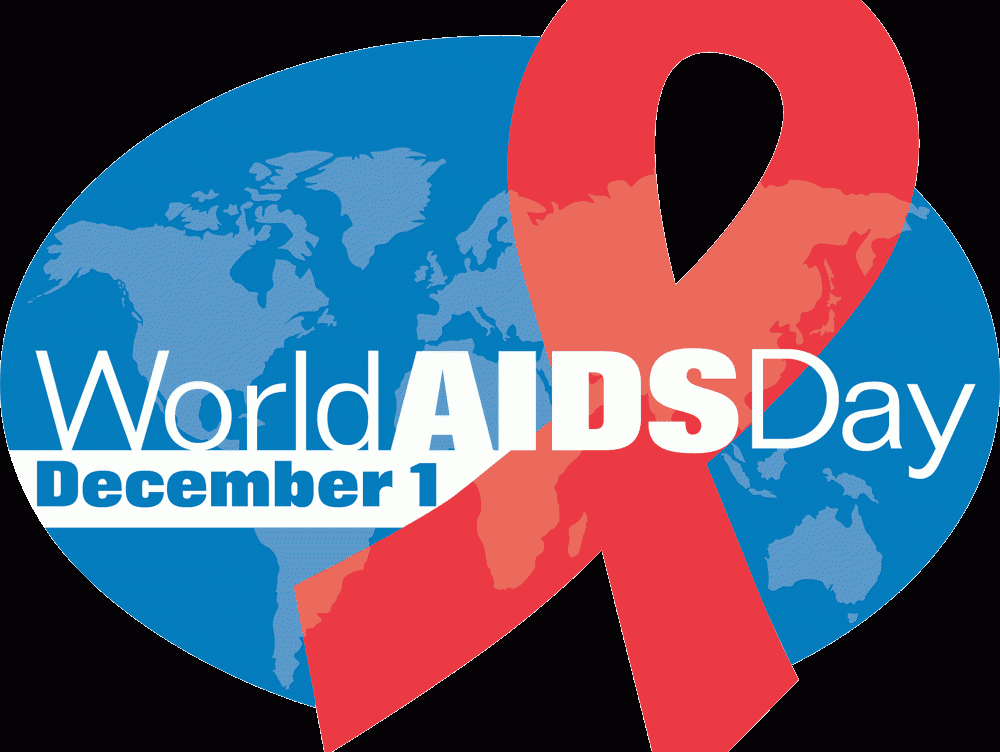
PSAf calls for improved conditions, equitable access to health services for inmates living with HIV/AIDS
Lusaka, 01 December 2020: In commemorating World AIDS Day today, Panos Institute Southern Africa (PSAf) calls on the governments and other stakeholders, including cooperating partners, to intensify efforts aimed at improving the living conditions of inmates living with HIV/AIDS to protect them from other life threatening opportunistic infections.
PSAf notes that due to overcrowding, poor sanitation, lack of good health care services and poor nutrition at most correctional facilities, there is high incidence of infectious diseases like Tuberculosis (TB) among inmates living with HIV/AIDS. This situation is both a public health and human rights concern which should be urgently addressed to ensure healthy living and healthy environment for inmates, especially those living with HIV/AIDS.
While some progress has been made in addressing some of the challenges affecting inmates in correctional facilities, more needs to be done to achieve the target of ending HIV/AIDS by the year 2030. We, therefore, encourage the media and civil society organisations to support the response by highlighting gaps in current interventions, intensify public education to challenge mindsets and attitudes slowing down progress, and advocating for increased investment in the HIV response.
For example, as of last year, the HIV prevalence rate in Zambian correctional facilities stood at 27.4 percent, accounting for almost one third of the inmates. More must be done to address this situation. PSAf is of the view that changing this situation requires collaborative linkages involving civil society organisations and international development agencies could provide adequate mechanisms of interventions. While the establishment of the Zambia Correctional Services (ZCS) health directorate has scaled up the number of inmates accessing HIV counselling and testing as well as anti-retroviral therapy (ART) benefits, more needs to be done to improve the welfare of inmates in correctional facilities especially those living with HIV and other underlying conditions.
We further call on Government agencies and the authorities in correctional facilities to encourage inmates to know their HIV status. This will help the authorities to prioritise those with severe HIV infections on parole and other facilities that provide for the pardoning of incarcerated persons.
PSAf is working with various stakeholders and using various tools and platforms to raise awareness about the health challenges facing incarcerated populations. For example in Zambia, PSAf is collaborating with the Development Aid from People to People (DAPP), through support from the European Union, to implement a project that advocates for the improvement of the welfare of inmates. The project is implementing activities aimed at empowering prisoners to participate in the running of their own affairs, and to prepare them for effective reintegration into the community upon their release.
Through this project, PSAf and DAPP hope to strengthen linkages between researchers, policy-makers and implementers to improve the analysis and use of routine research data, and address the legal, political and social barriers to HIV prevention among vulnerable groups like incarcerated persons. These activities are being conducted through political dialogue, advocacy and direct engagement with other civil society organisations.
Issued by:
Vusumuzi Sifile
Executive Director, Panos Institute Southern Africa
Email: vusa@panos.org.zm